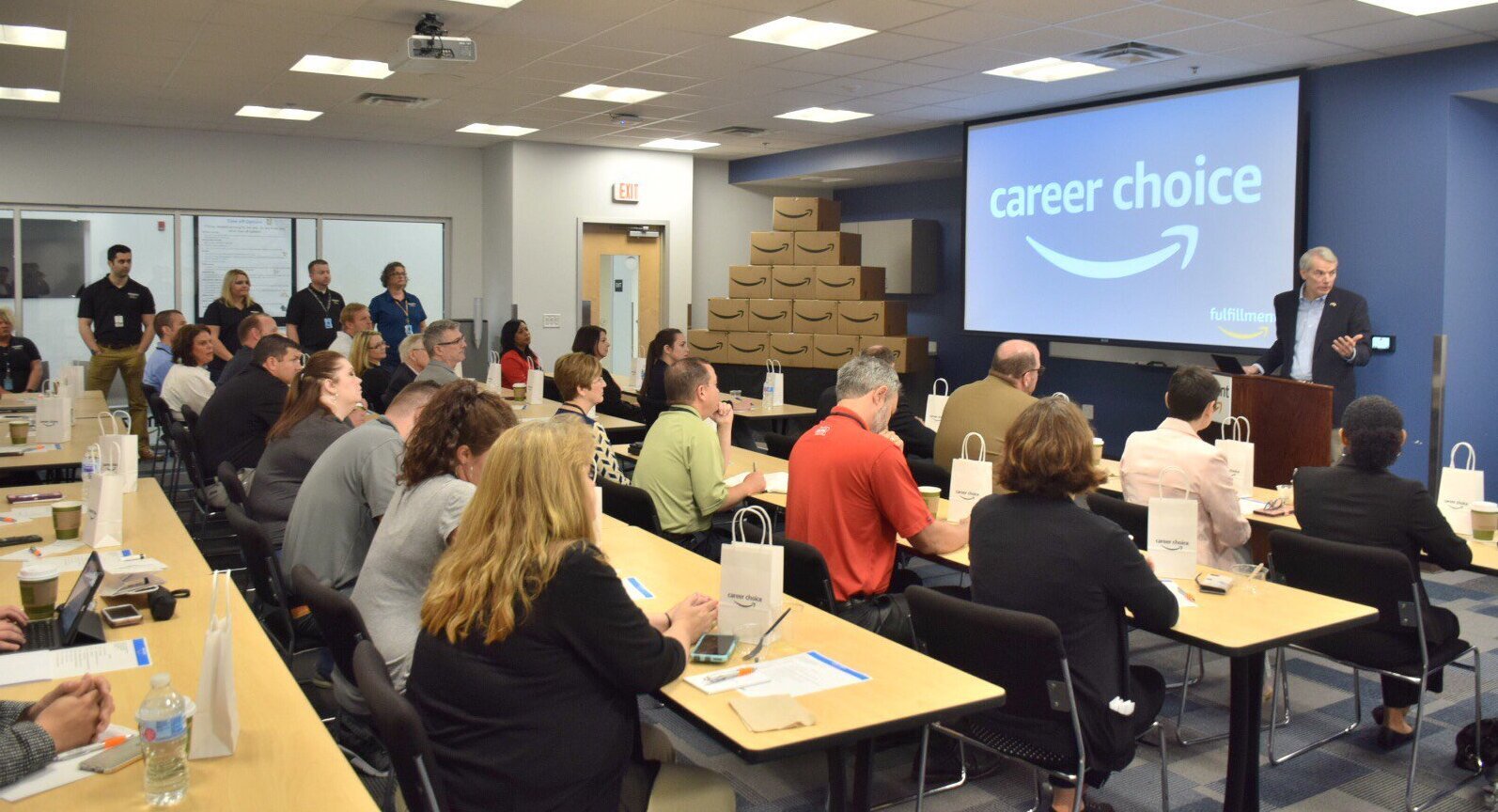The project aims to provide students the training necessary to work in agriculture. Kariyat, associate professor of crop entomology for the Arkansas Agricultural Experiment Station, received a $481,000 grant from the U.S. Department of Agriculture’s Research and Extension Experiences for Undergraduates program to fund the summer externship for three years.
The Arkansas Agricultural Experiment Station is the research arm of the Division of Agriculture. Kariyat also works with the Cooperative Extension Service and teaches courses through the Dale Bumpers College of Agricultural, Food and Life Sciences.
Kariyat said he was inspired to develop this program for two primary reasons: alleviating the shortage of skilled people in agriculture and food sciences jobs and addressing the underrepresentation of Hispanic people in those fields.
“I am looking forward to seeing that the students have a great experience — the best experience so far in their career,” Kariyat said.
Six to eight undergraduate students who are two years into a biology, chemistry or environmental science program will attend the University of Arkansas summer session in Fayetteville. The program will pay for travel and any tuition costs, and students will receive a $4,000 stipend for their work. The grant also provides funds for collaborating faculty members to receive a small stipend and purchase supplies.
Kariyat is collaborating with Bradley Christoffersen, assistant professor in the department of biology at the University of Texas Rio Grande Valley. Christoffersen will receive $30,000 of the grant as a stipend for his work to help with recruitment and to fund an orientation for the students before they leave Texas.
Kariyat originally designed the grant program while at the University of Texas Rio Grande Valley. When he joined the Arkansas Agricultural Experiment Station in 2022, he adapted the grant to Arkansas while maintaining the parts he thought were most important.
“I thought it would be a good idea to keep the core idea of the grant impact, which is to empower Hispanic students,” Kariyat said.
An undergraduate research opportunity
Students will work Monday through Friday, from May 22 to July 28, to complete a short-term research project in the lab of their choosing with collaborating faculty members.
Kariyat said he hopes the research and data that students generate will lead to a research poster or even be part of a research manuscript. “That would be helpful for the students, so some science comes out of it, interpersonal relationships, exposure for the students and myself. All these things.”
Kariyat said he also hopes that the students will consider the university for graduate school after spending a summer at the University of Arkansas.
Arkansas faculty collaborators for the year 2023 include:
Emily McDermott, assistant professor of entomology and plant pathology
Asia Kud, assistant professor of entomology and plant pathology
Neel Joshi, associate professor of entomology and plant pathology
Adnan Alrubaye, assistant professor of poultry science and biological sciences
Rupesh Kariyat, associate professor of entomology and plant pathology
Alejandro Rojas, assistant professor of entomology and plant pathology
Kariyat said he thinks this undergraduate opportunity may parallel his experience joining the Division of Agriculture.
“I was amazed by the Division of Agriculture and all these resources that we have,” Kariyat said reflecting on when he attended a faculty orientation program, the “Teaching, Research and Extension Awareness Training” program under the leadership of Nathan McKinney, associate vice president for agriculture and assistant director of the experiment station.
“I am also looking forward to meeting with all these different faculty and different programs on campus,” Kariyat said. “I hope that this will lead into more interactions for me and others together, and then maybe it will lead into writing more grants like this.”
To learn more about Division of Agriculture research, visit the Arkansas Agricultural Experiment Station website: https://aaes.uada.edu. Follow on Twitter at @ArkAgResearch. To learn more about the Division of Agriculture, visit https://uada.edu/. Follow us on Twitter at @AgInArk. To learn about extension programs in Arkansas, contact your local Cooperative Extension Service agent or visit www.uaex.uada.edu.










